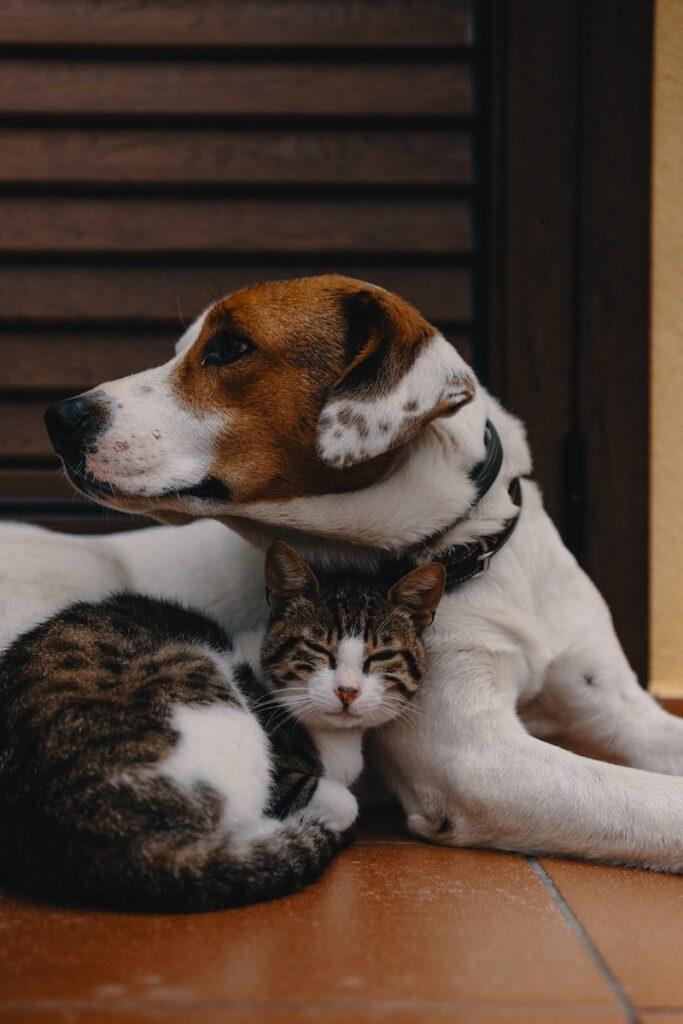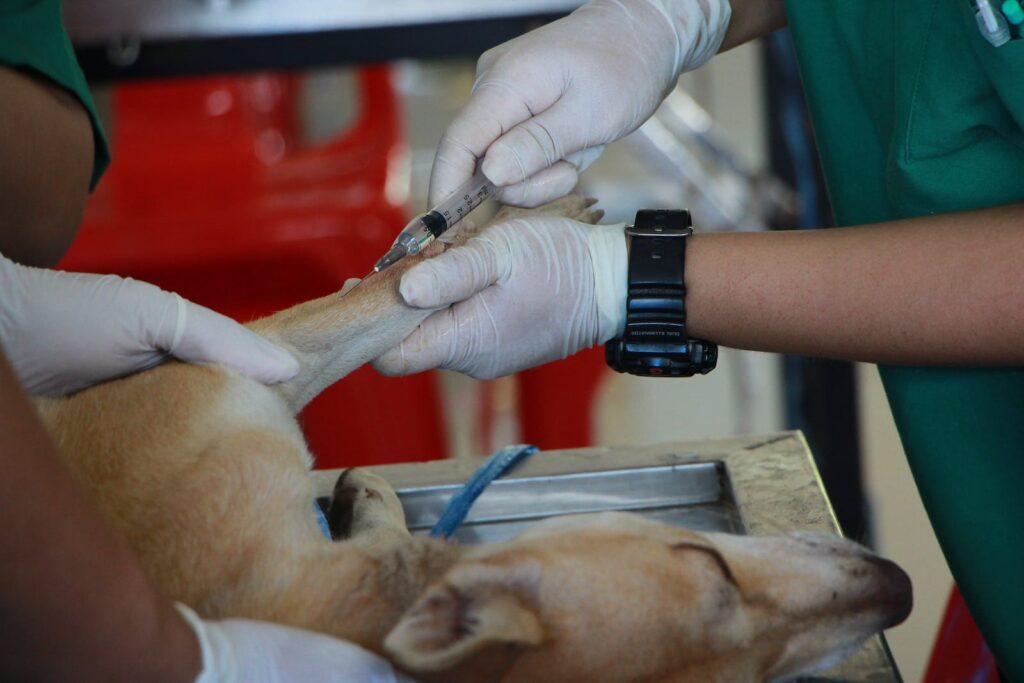The results of a study investigating the love that owners have for dogs and cats in three European countries have been published. I would like to introduce some interesting content.
Research Conducted in Three Countries to Test Hypotheses About Love for Dogs and Cats

The question “Are you a dog person or a cat person?” is so popular that it can be said to be the standard “Which do you prefer?” question.
For people who actually live with dogs and cats, I think it’s true that they deeply love the child they live with, but there have been no formal large-scale surveys on this topic. The research results have been announced.
The research was conducted by a research team from the University of Copenhagen in Denmark, Texas A&M University in the United States, the University of Glasgow in the United Kingdom, and the Messerli Institute in Austria.
Several studies have been conducted in the past comparing affection for dogs and cats, and in most of them, dogs received higher affection scores than cats.
The research team developed two hypotheses regarding why dogs receive more affection than cats.
The first is the so-called “dog-cat behavioral hypothesis,” which states that cats are more independent than dogs and show less attachment to their owners, meaning that differences in human attachment levels are caused by the behavior of the animals.
The second is the “cultural hypothesis,” which holds that the degree to which people value dogs, cats, and companion animals in general is shaped by each culture’s unique way of treating animals, customs, and historical background. It is what is called.
This study aimed to evaluate these two hypotheses by conducting a survey of cat and dog owners in three countries: Denmark, Austria, and the United Kingdom.
Content of Questions Used for the Study

The survey was conducted by a European-based research company that recruited participants. Participants participate anonymously online after the background of the research is explained to them.
A total of 2,117 people said they owned a dog or cat, with 844 people owning a dog, 872 people owning a cat, and 401 people owning both a dog and a cat. A standardized questionnaire was used to measure the level of attachment to pets, and the same questionnaire has been used in other past studies.
Next, I was asked if I had pet insurance for my dog or cat. Insurance coverage is generally interpreted as a measure of how much the owner cares about the animal.
The next question asked participants to respond to an imaginary scenario regarding lifesaving care for pets.
If you do not have pet insurance, your pet will suffer from a serious illness and you will incur high treatment costs. Treatment is likely to be successful, but you will either have to pay for the treatment or request euthanasia. Seven treatment costs were shown, ranging from around 20,000 yen to around 1.5 million yen in Japanese yen.
The final question was, “Which of the following can you receive at the veterinary hospital you usually visit?” and eight items (X-rays, ultrasound examinations, endoscopy, arthroscopy, in-hospital laboratory, and dental examinations). equipment, MRI, CT scan).
As expected, the Results Were in Favor of Dogs, but There Were Clear Differences Between Countries
After analyzing the responses, we found that owners in all three countries value their dogs more than their cats.
Dog owners or owners who said their favorite pet was a dog had higher attachment scores than cat owners, and significantly more dogs were insured than cats in all three countries. It is said that there were many
Dog owners are more likely to be willing to pay for expensive medical care when their dog or cat falls ill with a serious illness, and they tend to be less clear about the level of equipment at the hospitals they usually visit. it was done.
However, when looking at the results by country, it seems that it cannot simply be said that “dogs are always loved more.” In the UK, the difference in scores between dogs and cats was negligible, but in Austria and Denmark, dogs had very clearly higher scores.
If Hypothesis 1, “Dog vs. Cat Behavior Hypothesis,” is correct, then dogs should clearly receive higher scores regardless of the country, but this was actually not the case.
So, what about Hypothesis 2, the “Cultural Hypothesis”? These three countries differ in terms of past urbanization progress. In England, most of the country had become urbanized by the end of the 16th century, while in Denmark and Austria, the majority of the population was engaged in agriculture until the 19th century.
In a typical rural environment, cats were not allowed indoors, and cats and humans had an unattached relationship with each other. This may be the reason why even today, the level of attachment to cats is low.
In Europe, even today, a very high percentage of cats are kept outside, which may be a vestige of their relationship with agriculture in the past. By the way, similar surveys in the United States and Mexico, where many cats are kept indoors, show that the level of attachment to cats is only slightly lower than that of dogs.
The researchers conclude that the tendency for people to feel more affection for dogs than for cats is formed by cultural background and that this may change as people’s lifestyles change.
Summary

A survey of dog and cat owners in three countries, Denmark, Austria, and the United Kingdom, found that while they tended to have a stronger love for their pets, there were differences in the differences between dogs and cats in different countries. We introduced the results.
The researchers also note that future research, including more in-depth questions about other regions of the world and dog and cat ownership, may yield completely different results.
It is a very interesting theme that people’s attitudes and thoughts towards dogs and cats are influenced by history and culture.
《Reference URL》
https://doi.org/10.3389/fvets.2023.1237547
